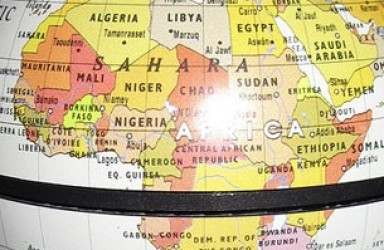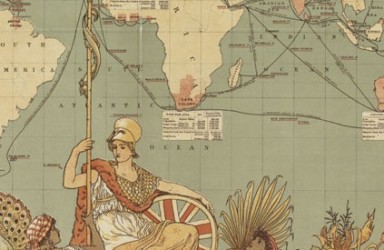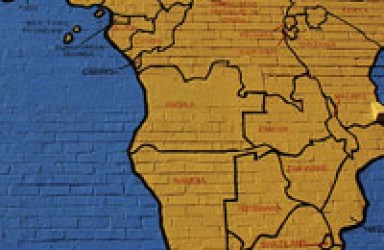Algeria: The Obstacles to Democracy
The past is present in Algeria. Although the country is an authoritarian state, it technically exhibits a civilian-run government led by an independent politician. Is there a chance for democracy? Not if Algeria can return to an effective authoritarian state as it was in the 1960s and 1970s because it will then be able to appease its population with education, jobs, houses, and rising living standards.
The CNN Effect and Somalia
The purpose of this dissertation is to investigate the influence of the media on the U.S. decision to withdraw from humanitarian operations in Somalia in 1994. The conclusion highlights the limits of the CNN effect as a theoretical framework for explaining media influence on foreign policy decisions. It instead emphasises the unique situational factors which influence policy.
Non-Traditional Security Issues: Should HIV/AIDS be Securitized?
Realism leaves little place in order to study broader fields such as health security that states may face, and therefore does not take into account HIV/AIDS as a threat to human, national or international security. However, scholars have recently emphasised the growing negative effects of HIV/AIDS on core pillars of states, receiving ever more attention by policy-makers as a potential threat to national security.
The Rwandan Genocide: Could it Have Been Prevented?
The Rwandan genocide is probably the most intensive killing campaign in human history. The ethnic dimension of the Rwandan genocide was a result of a century of ethnic division, which was not characteristic of Rwandan society prior to colonial rule. One can conclude that a combination of historical events and an ideology of hatred contributed to the genocide.
I’ll mind my own business if you mind yours: The OAU and the African Peace
While Africa after de-colonialization has experienced many internal conflicts, there has been a puzzling lack of interstate wars. Why is this so? Given the historically rootless borders, lack of vital resources like water, and prevalence of dictatorships, one could have predicted that several African interstate wars would have taken place.
Factors of Persistent Poverty in Sierra Leone
Release from colonial rule has not benefited Sierra Leone. Ironically, it is the government’s responsibility to provide its citizens with good living conditions; in Sierra Leone, it is this same government that plays a key factor in pushing them into deeper poverty.
Why did Britain fight a war against the Mau Mau movement in Kenya?
The central cause to the instigation of the tragic seven years of rebellion, or emergency, in Colonial Kenya between 1952 and 1959 has to be due to Britain’s terrible management of its territorial holdings. By protecting a hugely unfair and unjust settler economy, the British provoked a seemingly vile resistance movement in the form of the Mau Mau.
Assessing China and India’s New Role in Africa
This dissertation seeks to explore the rise of China and India in Africa, arguing that the two countries represent a second generation of donors that are able to free-ride on the previous reforms imposed by Western donors, and are then re-interpreting this to announce a new way of providing assistance, centred around ‘non-interference’ and respect for state sovereignty.
‘Another false dawn for Africa?’ An assessment of NEPAD
NEPAD is an ambitious project which attempts to deal with a wide range of issues that are crucially important forAfrica’s improvement. This essay will begin with a description of NEPAD and refer to the previous attempts with same objectives. Afterwards, it will discuss the components of NEPAD mentioning the strengths and weaknesses of them.
Who is a South African? Interrogating Africanness and Afro-phobia
The end of Apartheid created the need for a new identity in South Africa. The Post-Apartheid regime thus was always clamoring to bring South Africa back to Africa. Under this pursuit, Africanness became the defining feature of the new identity discourse in South Africa. Simultaneous to this, xenophobia against foreigner Africans emerged potently as a counter-discourse to Africanness.










